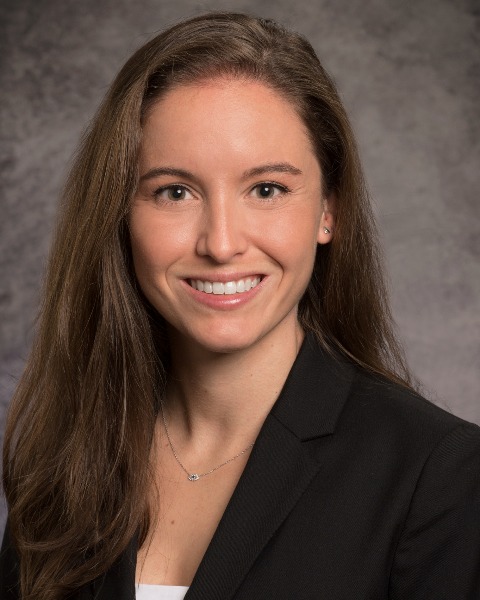Quality Improvement
V64: Patient Reported Outcomes: Financial Toxicity Is a Barrier to Clinical Trials and Personalized Therapy in Cholangiocarcinoma

Jessica M. Keilson, MD
Clinical Research Fellow
Winship Cancer Institute, Emory University
Atlanta, Georgia, United StatesDisclosure: Disclosure information not submitted.
Virtual Poster Presenter(s)
While surgery is the only curative option for cholangiocarcinoma (CCA), it is amenable only in a minority of patients and has high recurrence rates. Numerous experimental and targeted therapies are under investigation; however, objective health-related quality of life (HRQoL) data for patients receiving these therapies are currently not available.
Methods:
Patients engaged in the Cholangiocarcinoma Foundation completed two validated HRQoL surveys: Functional Assessment of Cancer Therapy (FACT)-Hepatobiliary and COmprehensive Score for financial Toxicity (COST). Subscales and composite scores were calculated according to the FACIT-Manual, with higher values indicating improved HRQoL.
Results:
208 patients completed the surveys. 75% (n=156) had intrahepatic CCA and 57% (n=119) underwent resection, of which 48% (n=56) had disease recurrence. 22% (n=45) enrolled in a clinical trial and 80% (n=167) underwent molecular profiling, of which 29% (n=48) received targeted therapy. While patients enrolled in a clinical trial reported similar HRQoL compared to those not enrolled in a clinical trial, they also reported lower FTS (effect size 0.33, p=0.05), suggesting higher financial burden. Patients who received targeted therapy reported equivalent HRQoL and lower FTS compared to those who did not (effect size 0.43, p=0.01; Table 1).
Conclusions:
Our data suggest that enrollment in a clinical trial does not affect a patient’s physical, emotional, social, or functional well-being. However, despite these treatments being paid for through trial enrollment, patients still report higher financial burden. This is also seen among patients who received targeted therapy. For patients with CCA, clinical trials and personalized therapy are mainly offered late in the advanced disease setting, at which point a significant financial toll has already been endured. Further, they are often only available at large academic centers, creating a physical barrier to access. These findings underscore the need to increase clinical trial availability and eliminate physical and financial barriers that threaten access and utilization of personalized and progressive therapies.
Learning Objectives:
- Identify two externally validated health-related quality of life questionnaires.
- Recognize the utility of patient-reported outcomes in the management of cholangiocarcinoma
- Understand patient-reported financial toxicity related to advanced therapies in cholangiocarcinoma
